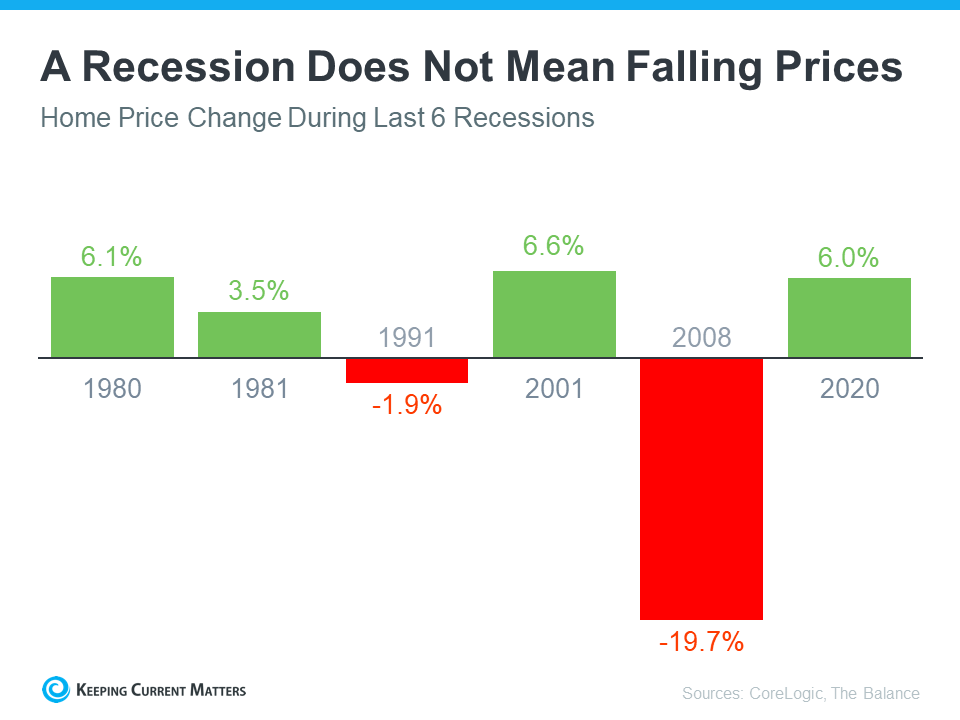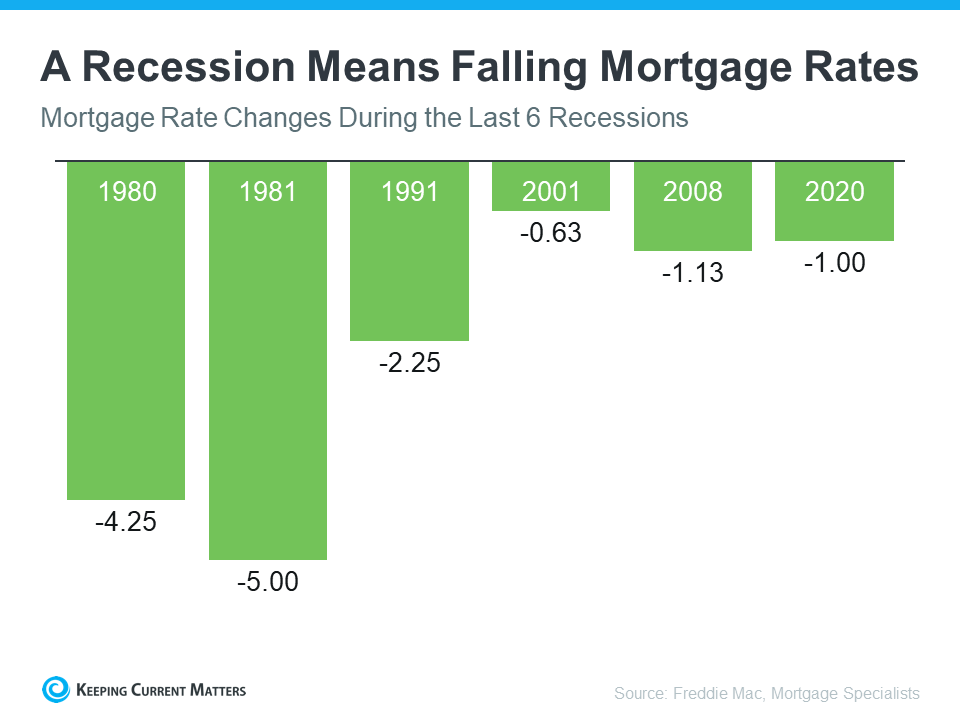By Dennis Sweeney, Executive Vice President of HBA Rockford
The affordability of housing for a new single-family home, a duplex, or a condominium has little wiggle room. The cost of the house begins with the cost of the land, reducing lot sizes and increasing housing density has a limit. I refer to the builder in Georgia who commented about affordable housing: “They cost just as much to construct as any other house; the only thing that makes them affordable is the subsidies to build them or live in them”.
The current cost to build a new house with the amenities buyers expect in a new house in this market, according to local builders, is in the range of $270 per square foot plus the lot. So, the popular 1,800-square-foot ranch house is now at $486,000 plus a lot. There are not many first-time home buyers with the down payment and the income for a new $486,000 house. To complicate the supply issue, existing home owners are already living in comparable homes with lower (affordable) assessed market values (lower property taxes) at lower interest rates (3%–4%) and aren’t going to sell to move to a much more expensive house with higher taxes and a higher interest rate.
The 2021 national median value of new homes was $429,205, and the median value of homes purchased by a first-time buyer was $271,445. First-time home buyers do not buy new homes.
More than half of recent buyers put no more than a 20% down payment on the homes they purchased. Around 18% of all buyers purchased a home without a down payment in 2021; 50% had a down payment of 0 to 20%; and only 16% put more than 20% down. First-time buyers had relatively smaller down payments. Approximately 82% of first-time home buyers put no more than 20% down, including the 18% of home buyers with a zero-down payment.
Housing affordability will continue to be an issue until mortgage rates and building costs drop enough to entice existing home owners to sell and move up into a new home. That is how building new housing solves the affordability issue.











